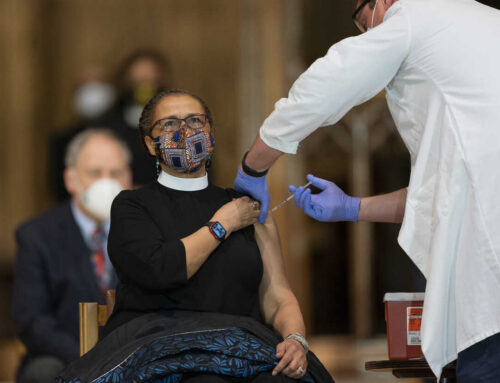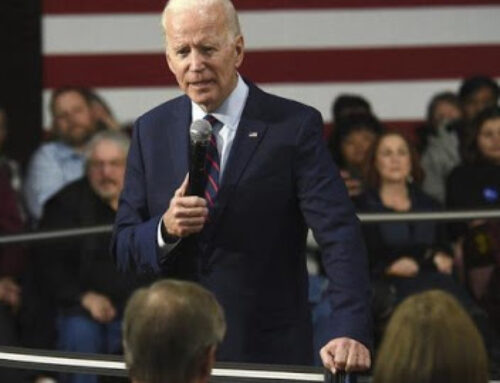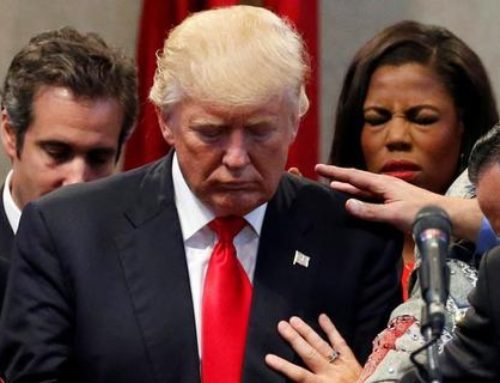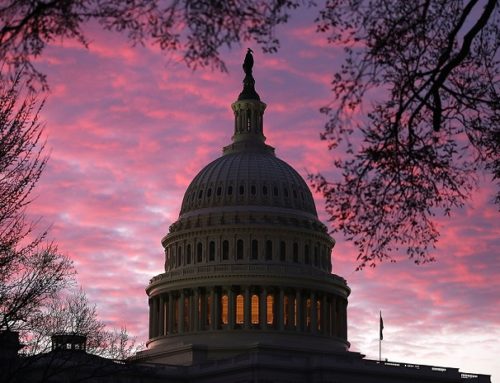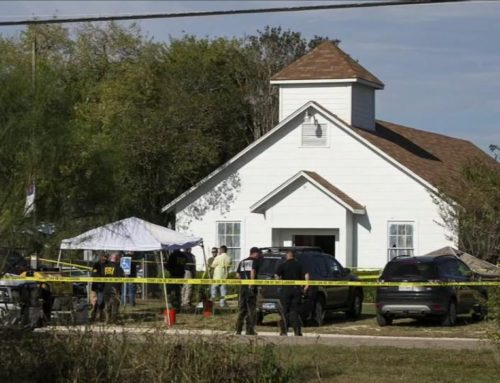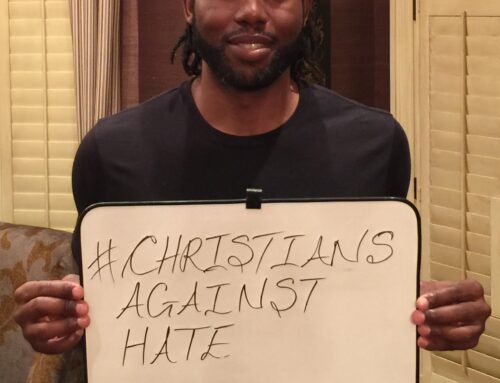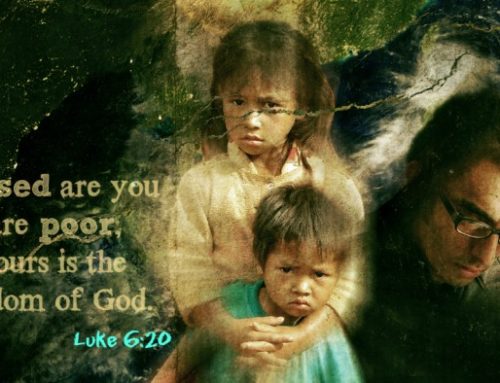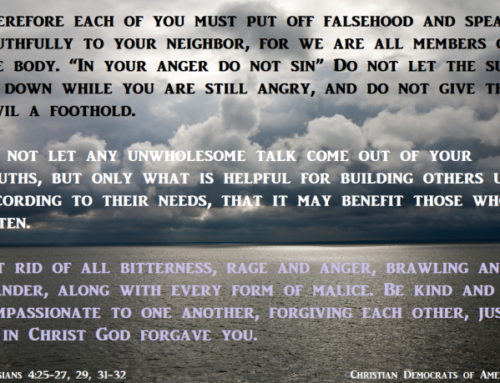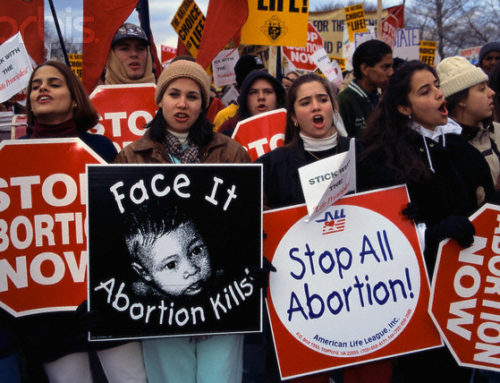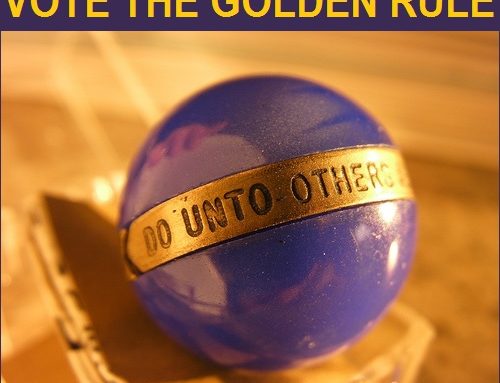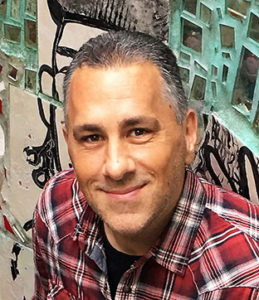 Get to know John Pavlovitz, the “rogue pastor” who preaches a message of Christian resistance in the age of Trump on a daily basis. CDA Director/Founder Christina Forrester got the chance to interview John and ask him 10 questions to understand better his mission and values (and musical tastes)! Don’t miss our interview with John on our podcast August 2nd.
Get to know John Pavlovitz, the “rogue pastor” who preaches a message of Christian resistance in the age of Trump on a daily basis. CDA Director/Founder Christina Forrester got the chance to interview John and ask him 10 questions to understand better his mission and values (and musical tastes)! Don’t miss our interview with John on our podcast August 2nd.
1.What is a “Rogue Pastor” and does America need more?
Ha-ha! That term was coined a few years ago by a friend and talk radio host, and it stuck. The heart of the idea for me, is that we need more people of faith (specifically more ministers and church leaders), willing to speak the authentic heart of their spiritual convictions without apology, even if this causes them turbulence or opposition from the system itself. It doesn’t mean to be disconnected from faith community or from the Church—it means that you don’t let the fear, comfort, or pressure you can encounter there, alter your convictions.
- What lead you into this path of ministry? One day I heard God calling me to leave the church where I was serving. It came in the form of my pastor saying, “You’re fired.” Seriously, that moment had been years in coming. The further I’d moved into church leadership and as our particular church and ministry grew, I felt an increasing tension between the pastor I felt called to be—and the one I was expected to be. I became more and more burdened to speak on issues of LGBTQ inclusion, on the racial discord in our country, and on the Christian Right’s influence in our political landscape. Over time, I began speaking openly about these things, and soon realized that I could either be partially honest and employed—or share fully and live with the fallout. It led me to the wide-open space of this online ministry and to a more authentic voice.
- You are very vocal in speaking out against “Trumpism.” Should more Christians stand up and speak out on this administration?I think that there needs to be more Christians speaking their personal convictions in general, whatever that might look like and where it happens. For me, there is no separation between spiritual stuff and political stuff—it’s all the same. The issues of equality, justice, diversity, care for the sick and the poor; they’re faith concerns as much as they’re political topics. Jesus’ life and ministry made no distinction between “religion”—and everything else. It was a wholistic experience. While I fully support separating Church and State, I don’t think it’s possible to separate personal spirituality from personal politics, and we shouldn’t pretend that it is. Now more than ever, people of a perhaps more Progressive faith need to clearly communicate their spirituality and let others know that there is an alternative to the loud voices claiming to represent Jesus.
- Do you feel the evangelical support of Trump is detrimental to the church and leading people away from Christ?I don’t think there’s any question. People outside the Church will tell you: love is no longer our calling card. It is now condemnation, bigotry, judgment and hypocrisy. In fact, the Christianity prevalent in so much of America right now isn’t just failing to draw others to Christ. it is actively repelling them from him. By operating in a way that is in full opposition to the life and ministry of Jesus—it is understandably producing people fully opposed to the faith that bears his name.
In record numbers, the American Church is consistently and surely making Atheists—or at the very least it is making former Christians; people who no longer consider organized religion an option because the Jesus they recognize is absent. I spend a great deal of time talking to those people, and my heart is to show them something marked by Jesus’ presence.
-
The title of your last book was “A Bigger Table.” What are some ways the Body of Christ can expand its table, when we see a trend of decline in church attendance across the country?I think the we need to find something other than doctrine to bring people together around, because doctrine will always prove to be a barrier. At some point, it will almost always become exclusionary or weaponized. I think we need to look at what I call Jesus’ “table ministry;’ how he used a meal, the act of breaking bread, as a way to show people they were loved, and seen, and respected. The book unpacks some non-negotiables to replace battling dogmas. We can embody Radical Hospitality that welcomes everyone, Total Authenticity that allows people to share their whole truth, True Diversity that celebrates difference, and Agenda-Free Relationships that don’t seek to change people, but to be present with them as they are. These things can help us create space to live alongside one another and to find the commonalities in our stories.
-
Do you have any words of encouragement for those who are struggling with their faith due to the evangelical support for Trump?God is always going to be more good, compassionate, and loving than God’s followers. From the moment Jesus’ feet were on the planet, there were religious people getting it horribly wrong in the name of God and there was his call to something more beautiful. The Christian faith was always about living in opposition to distorted religion that damages people, and that’s never been more true than it is today.
-
With taking the stand in your blog you have been taking, have you struggled with that Religious Right “Christian peer pressure” from the church community and “trolling Christians” that many face at churches across the country?I certainly receive pushback and confrontation, and many times it’s about as antithetical to the life and teachings of Jesus—but that stuff is helpful because it reveals why we do what we do and what we’re up against. Jesus said, “Out of the overflow of the heart the mouth speaks.” Whether in person or on social media, people are showing how a religion based in fear manifests itself and we get to respond in something marked by love.
-
What is your message to the thousands of others struggling with Religious Right “Christian peer pressure”? You’re not alone and you’re not out of your mind. Every single day I cross paths with tens of thousands of people all around the country who are feeling they way you, who feel no one understands them, who believe the Church should be more than it is, who want people to encounter something that looks more like Jesus. I’d tell them to seek out those people in person and online, and begin to be the Church you’re waiting for.
-
How do you hope to create change in the Body of Christ and America?
I want to be a conversation-starter, and maybe a permission-giver. Many people of faith, even those in leadership aren’t satisfied with the loud, unloving voices that have represented our religious tradition in this country, especially for the past few decades. If the book or the blog can give people a sense that they’re not alone or provide encouragement to speak out where they are, we can begin to present an alternative voice in the religious landscape—one that sounds more like Jesus. I think there are millions of people, both religious and non-religious who would celebrate and welcome this. -
What’s the last song played on your iPod? (or Spotify, or…?) The Beatles’ “All You Need is Love”—followed by “Revolution.”





